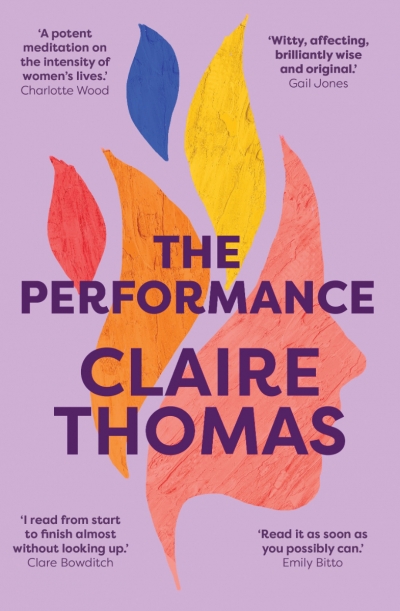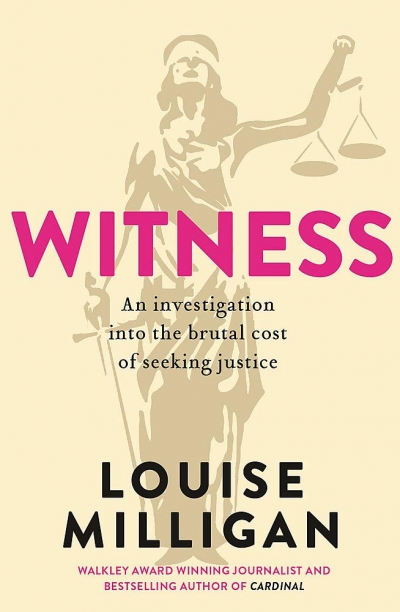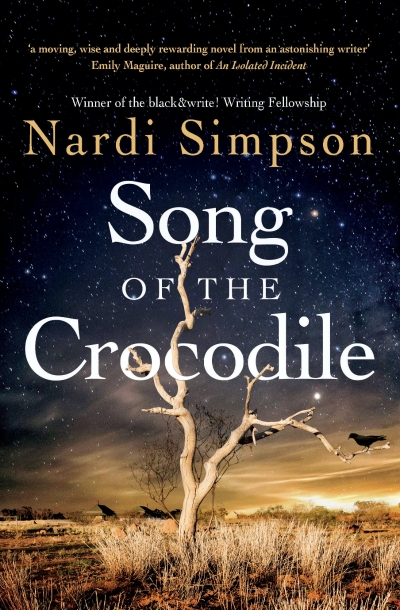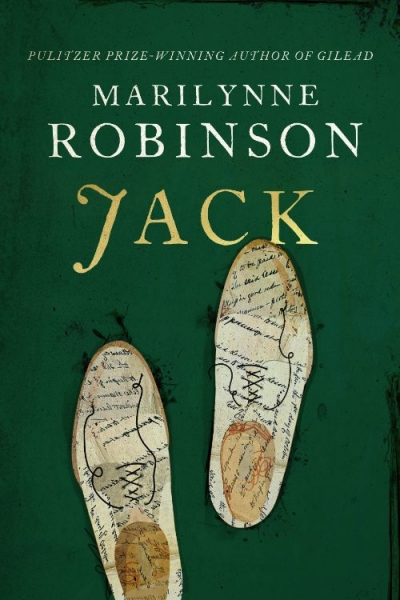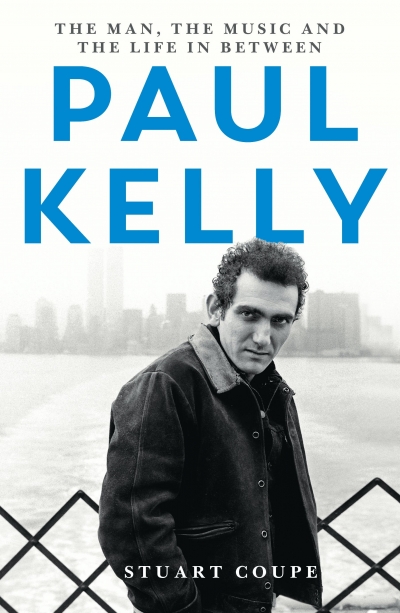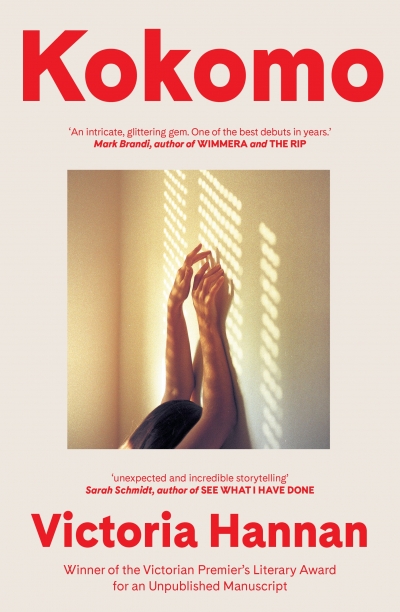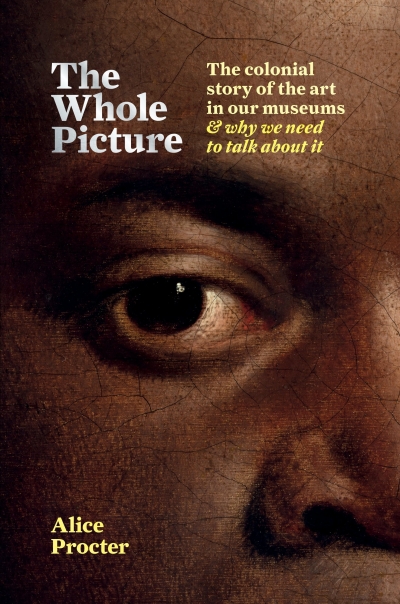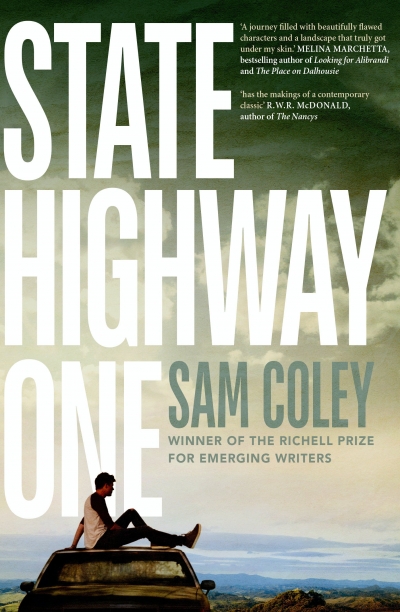Hachette
Witness: An investigation into the brutal cost of seeking justice by Louise Milligan
by Beejay Silcox •
Paul Kelly: The man, the music and the life in-between by Stuart Coupe
by Kerryn Goldsworthy •
The Insider: The scoops, the scandals and the serious business within the Canberra bubble by Christopher Pyne
by James Walter •
The Whole Picture: The colonial story of the art in our museums and why we need to talk about it by Alice Procter
by Meg Foster •

